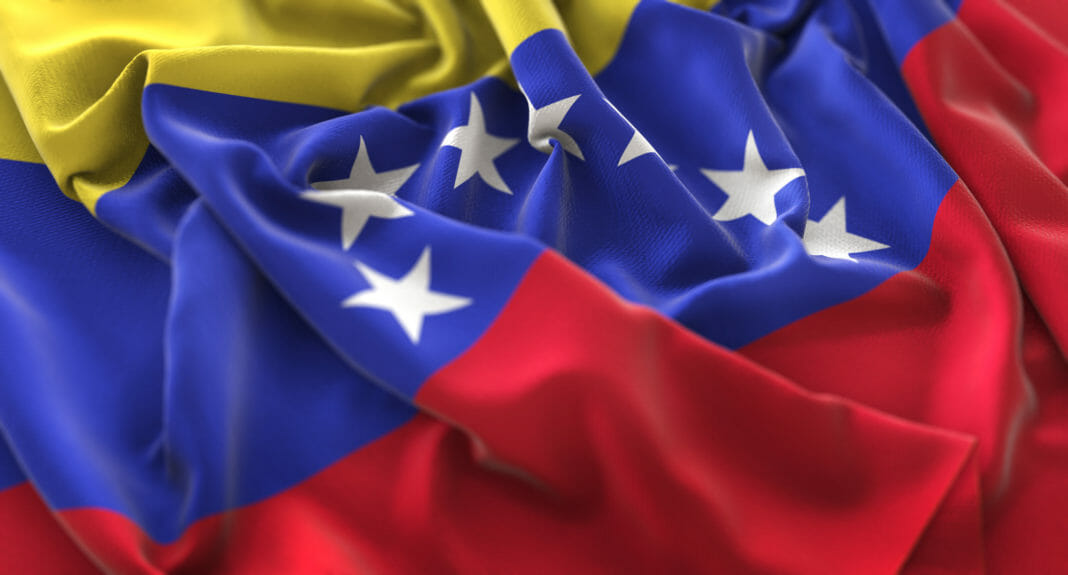Colombian authorities have not ruled on the staking. Only five countries have laws when it comes to staking.
A recent study by the Library of Congress of the United States shows an uncertain veil covering tax matters for cryptocurrency staking in many Hispanic countries. Countries like Chile or Colombia seem to lack the authorities on how the earnings that come from staking should receive their proper declarations.
While in countries such as Venezuela or even Spain, tax experts argue that such an income declaration must happen following current regulations for similar activities.
A congressman from the United States and promoter of bitcoin presented the study Taxation of Rewards of Cryptocurrency Blocks in Selected Jurisdictions, on February 3. The report by a group of legal experts from the Library of Law of Congress shows a comparison of tax laws that aim at mining procedures, both in its Proof of Work and Proof of Participation or Stake facet, in 31 countries the world. It includes Argentina, Colombia, Spain, and Venezuela, and Chile as an extra-addition.
The document also sustains that many countries’ tax authorities have set up “guidance on the taxation” of bitcoin, ethereum, and other essential crypto assets.
Another critical aspect that the experts add into the analysis is that of those countries where “explicit tax laws on rewards per block.” does not exist. Also, some countries have general tax regulations, proposed rules, official declarations, and tax experts’ comments; although, there are undefined laws.
The researchers clarified that bitcoin and the other cryptocurrencies have different categories. An example of this is that of some countries in the north of Europe which possess investment property. In Germany, cryptocurrencies have roles as a financial instrument; for other countries like Luxembourg or even Switzerland, bitcoin seems to be an intangible asset or property. In the case of a country like Venezuela, Bitcoin becomes a financial asset.
How Legislations Work when it Comes to Mining
Experts from the United States Congress have identified laws and other guidelines that serve as conduits for taxes to be applied; these guidelines include incomes and capital gains and value-added tax (VAT) crypto-assets produced by mining in countries around the world.
One highlight feature in the report is that most countries set up treatment with small-scale mining laws; it is even a hobby compared to commercial or large-scale mining.
In Argentina’s case, Proof of Work mining is subject to the Income Tax Law for those who work from an established domicile or have established their roots to operate in said country. Such legislation applies a 30% tax for the fiscal period between January 1, 2018, and December 31, 2020. The profits are about to receive a value test at the market price, at the expense of Argentine pesos, when the transaction enters the network. The costs of the operation may also suffer a considerable reduction from these profits.
By: Jenson Nuñez











